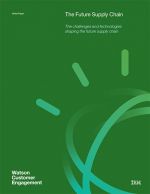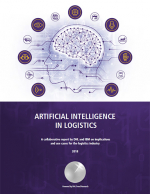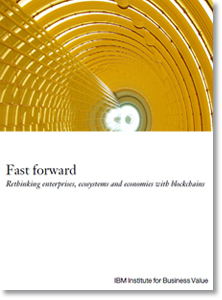Rethinking Enterprises, Ecosystems and Economies with Blockchains
Blockchain technology - which creates a permanent and transparent record of transactions - has the potential to obviate intractable inhibitors across industries.
The long history of human progress has been a steady march against friction.
From the introduction of money to replace barter and the gradual replacement of wax seals by digital signatures, we have seen steady progress facilitated by digital innovations.
The internet primed friction for a free-fall. Since then, some frictions fell while others rose.
The friction of imperfect information, for example, took on added importance in an era that promotes transparency by business partners and consumers alike.
New frictions like cybercrime threaten to cripple even the most successful organizations.
Today, three types of frictions predominate: information, interaction and innovation.
In varying degrees to different industries, they’re a drag on efficiency. A distributed ledger for business networks based on blockchain technology has the potential to eliminate these frictions.
The first system of record for business was a ledger captured on a clay tablet. Centuries later, the double-entry ledger helped promote modern finance. Since then, ledgers have been digitized but otherwise changed little, capturing only a snapshot of a transaction at a moment in time.
They reflect only the information held by a single organization. Once a transaction has taken place, an asset is off one ledger and on to somebody else’s.
Distributed ledgers like blockchains are shared and write business transactions to an unbreakable chain that is a permanent record, viewable by the parties in a transaction.
Blockchains shift the lens from information held by an individual owner to the cross-entity history of an asset or transaction.
Our research shows that once that happens, five attributes that are fundamental to blockchains have the potential to vaporize the frictions that hold us back today.
What’s Related




Favorites





